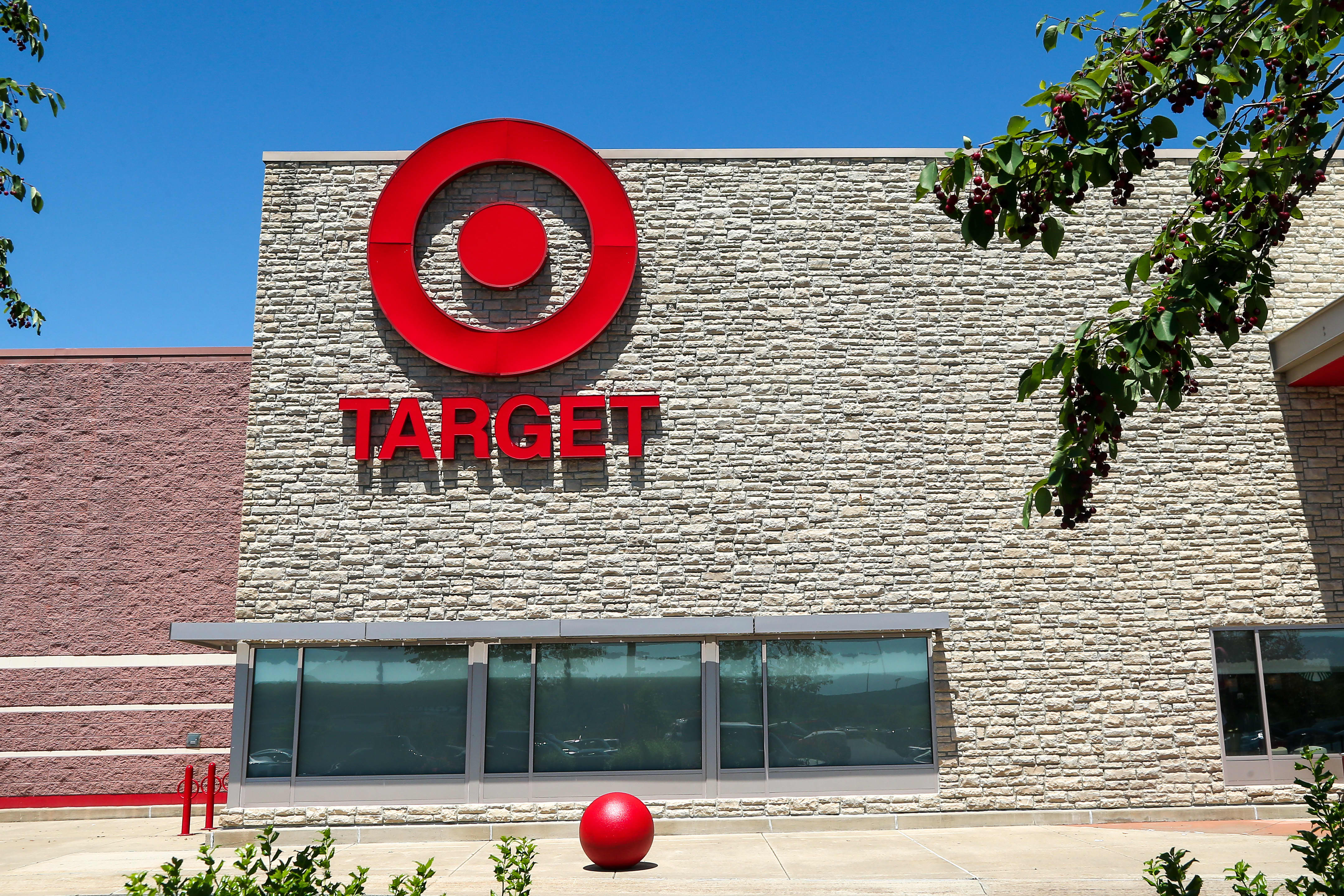Target is known for its exclusive merchandise, with private label brands for everything from arts and craft supplies to apparel. Now, the retailer is pledging to make all those products more environmentally sustainable.
It said Tuesday it will design items that are more durable and will eliminate waste and encourage reuse by 2040.
Within that time frame, Target is planning to become a net-zero enterprise, which means it will create zero waste for landfills at its U.S. operations and have net-zero emissions across its operations and supply chain.
While these changes may not be apparent to consumers immediately, the retailer’s efforts are underway. Target said it has already launched a few products and initiatives with sustainability in mind. For example, its Universal Thread clothing uses sustainably sourced cotton and recycled polyester and its line of cleaning products, Everspring, uses 100% recyclable bottles and sprayers, compostable multisurface wipes and 100% recycled paper.
“These standards are being worked on as we speak. You’ll see them throughout today and in the future. And then, as we launch new brands, that will be more embedded in what that brand launch looks like. So more to come,” said Amanda Nusz, the retailer’s senior vice president of corporate responsibility.
As it works toward this goal, Target has other benchmarks to reach even sooner. By 2025, all of its brands will use plastic packaging that is either recyclable, compostable or reusable.
By 2030, its goal is to be the market leader for creating and curating inclusive, sustainable brands and experiences, the company said.
Starting this fall, the company will address single-use plastic bags as part of its Beyond the Bag initiative, which is looking to design retail bags that are less harmful to the environment.
Target said it is responding to growing consumer demand for more sustainable products and practices from companies.
Seventy-two percent of U.S. consumers said sustainability is somewhat important or important when making purchase decisions, according to the results from the EY Future Consumer Index. The survey gathered information from 1,001 U.S. respondents and more than 14,000 global respondents in May.
Consumers are so committed to sustainability that 30% said they are spending more on products that are sustainable and better for the environment and 31% said they plan to increase purchasing sustainable products in the next 12 months.
“We spent over a year gathering information and listening,” Nusz said. “It’s a new era of sustainability for our company. Although it’s not new work, we are aiming to co-create an equitable and regenerative future with our guests, our partners and community.”
The goals Target announced Tuesday build on its earlier efforts. For example, Target signed on to the New Plastics Economy Global Commitment in 2018 to commit to eliminating plastic waste by making it reusable, recyclable or compostable. The company also has begun reducing its emissions and sourcing more of its power from renewable sources.
Other retailers are responding to consumer demand for products that are less harmful for the environment. Walmart launched a partnership with ThredUp, a secondhand seller of apparel, shoes and accessories, to offer preowned items for women and children on Walmart’s website. ThredUp also has partnerships with Gap and Macy’s.
Adidas has set a goal to make nine of 10 products sustainable by 2025 and Lululemon piloted a resale program that allows customers to buy and sell used items. This month, it will expand the effort to its website. Levi’s launched a campaign encouraging customers to wear their jeans longer and avoid disposing of them.
“As a company and a member of the global community, it’s imperative for both the health of our business and of our planet that we embrace new ways to move forward,” Chairman and CEO Brian Cornell said in a statement. “We know sustainability is tied to business resiliency and growth, and that our size and scale can drive change that is good for all.”
